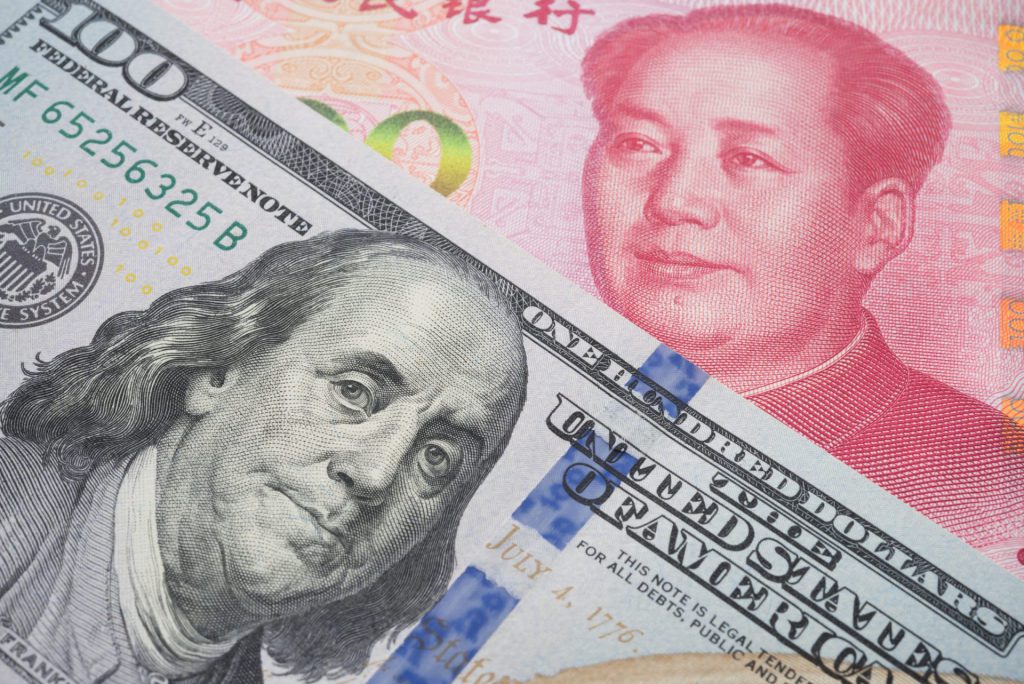[#title_feedzy_rewrite]
China is attracting a larger capital inflow in its domestic markets from foreign institutional clients and retail investors.…
China is attracting a larger capital inflow in its domestic markets from foreign institutional clients and retail investors. This comes even after President Donald Trump claimed that trade wars and tariffs would make capital flow into the US. The growth in Chinese assets grew after Moody’s downgraded the US sovereign credit rating last Friday. The development indicates that de-dollarization is accelerating and China is reaping the benefits of the decline in US-based financial assets.
Also Read: MSTR Slides as Strategy Bags 7,390 BTC, Faces Lawsuit, $1,800 Target Still In Sight
In their latest note to clients, Bank of America analysts wrote that emerging economies are gaining traction as prime investments. They cited that fiscal risks in America stem from the increased governmental debt that’s eroding trust in US markets. “Weaker US dollar, US bond yield top, China economic recovery, it’s time for Emerging Markets,” wrote Bank of America analysts. De-dollarization could remove the sheen of the broader US markets if emerging economies maintain their capital inflow.
Also Read: Grok Predicts What Genius Act Means For The Cryptocurrency Market
De-Dollarization: China Changing the Financial Dynamics From the US

China’s State Administration of Foreign Exchange published a report showing that net capital inflow touched $17.3 billion in April. The capital inflow has come from both retail individual traders, local finance companies, and foreign institutional clients. This indicates China is dominating the de-dollarization market and stands to gain the most out of it. On the other hand, the US is losing steam as developing countries are cutting ties with American financial assets.
Also Read: Ethereum: AI Predicts ETH Price For The Next Six Months
“Foreign investors increased their holdings of (Chinese) domestic bonds by a net $10.9 billion in April, while foreign investment in domestic equities shifted to net buying in late April,” said a forex regulator. Even Deutsche Bank has started to take de-dollarization seriously as China advances in international investments. “One of the most widely acknowledged things in financial markets is the unsustainable path of the US national debt. The big unknown is when it all tips over,” wrote Deutsche Bank analysts.

